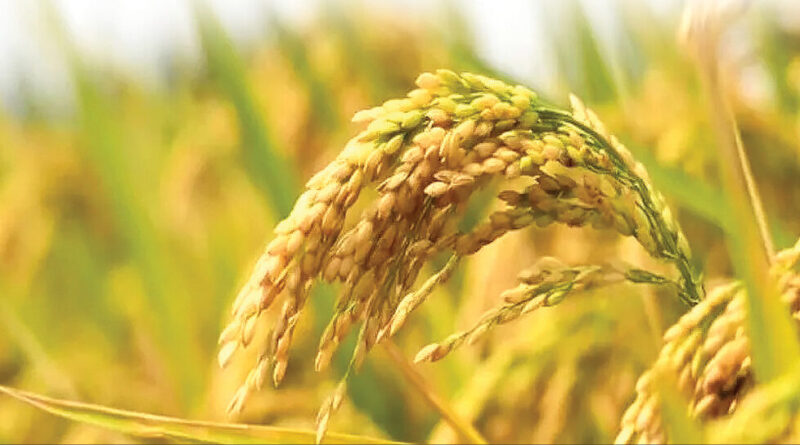Punjab: Phasing out paddy
PUNJAB’s draft Agriculture Policy has laudably recommended a ban on all long-duration paddy varieties and paddy cultivation in 15 dark blocks, where the groundwater extraction rate is well above the recharge rate. Water-guzzling paddy has become a millstone around the state’s neck in recent decades. Its cultivation was imposed on Punjab at a time when the country was facing food insecurity in the 1960s. The state’s gritty farmers rose to the occasion, ushering in the Green Revolution, and the food-deficient nation became food-surplus. However, this led to far-reaching repercussions — agricultural as well as environmental.
Though rice is not a staple food in Punjab, cultivators have stuck to paddy farming because of an assured procurement system. What’s alarming is the enormous damage caused to the water table. According to doomsday predictions, Punjab — the fabled ‘land of the five rivers’ — may turn into a desert in two decades. Moreover, the rampant burning of paddy stubble aggravates air pollution in many parts of the northern region in October-November every year. Successive governments in Punjab have tried measures such as encouraging short-duration paddy varieties and prohibiting transplantation before the notified date, but these have only been partially successful. Unfortunately, crop diversification has been promoted in a half-hearted manner. Motivating farmers to shun paddy has to go hand in hand with encouraging them to go for alternatives that consume far less water.
In November last year, the Supreme Court had asked the Centre to seriously consider the Punjab Government’s suggestion to phase out paddy cultivation and incentivise farmers to switch over to crops such as millets by offering them the minimum support price (MSP). However, the MSP regime remains confined largely to wheat and paddy. This glaring anomaly has to be removed in order to arrest Punjab’s desertification. Considering the state’s immense contribution to the Central foodgrain pool, the Union Government must help it turn the tide before it’s too late.
This article is an editorial and has been republished from The Tribune.

